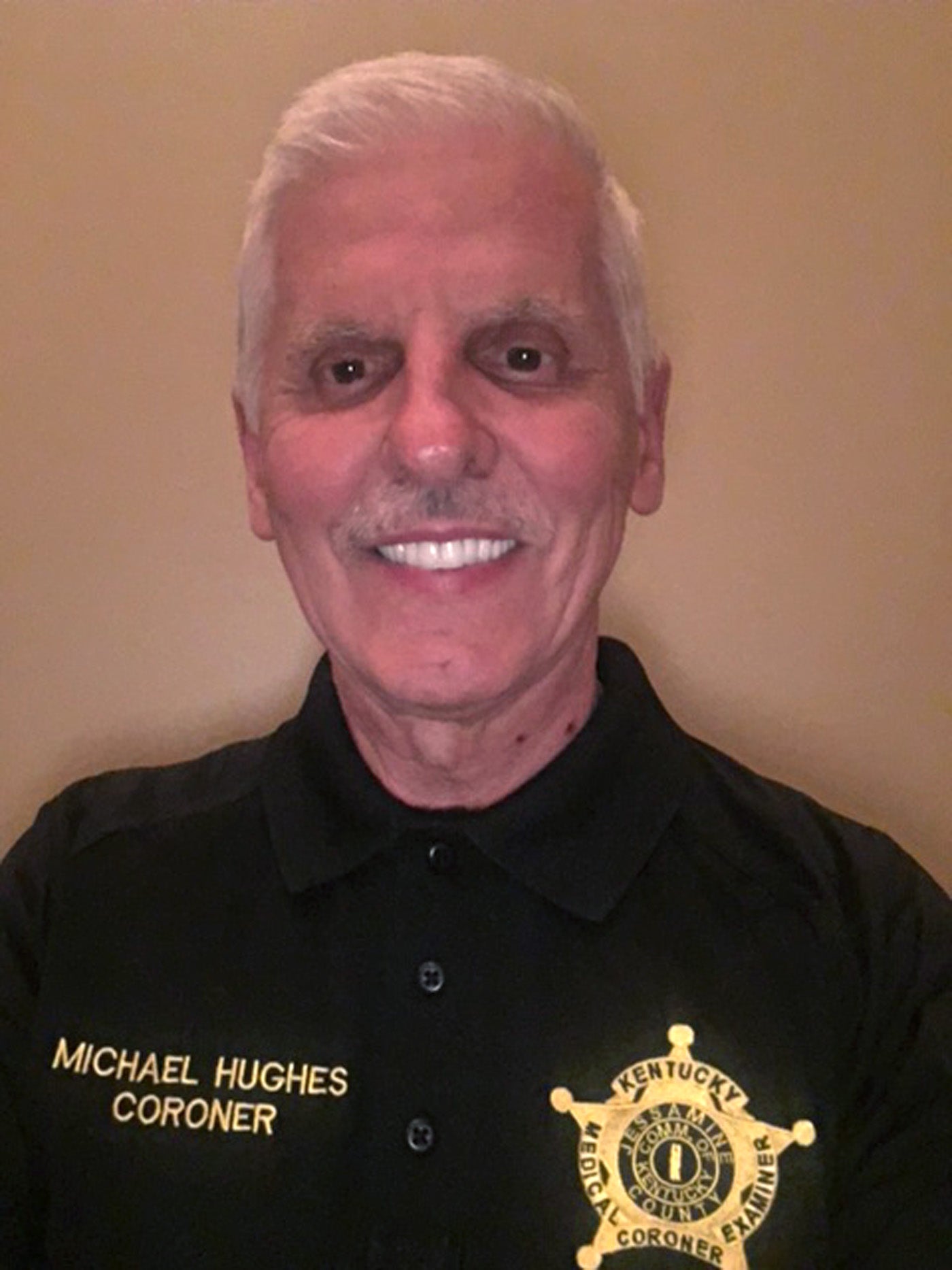Surviving a heart attack
Published 11:20 am Thursday, August 17, 2017

- Photo provided by Michael Hughes
By Michael Hughes
The primary cause of a heart attack is due to a buildup of plaque inside the coronary arteries, usually due to a fatty diet and lack of exercise, blockage of one or more arteries may become completely blocked, leading to an acute myocardial infarction, or heart attack.
When blood cannot get through a blocked artery, a part of the heart muscle may die as a result. Depending which artery becomes blocked, you may suffer angina or chest pain or even cardiac arrest.
Signs that you may be having a heart attack
• A dull or heavy pressure in the chest, usually in the center
• Aching in the jaw and/or arm, usually the left
• Nausea/vomiting and perfuse sweating
• While these symptoms are the most common, they do not always occur and other less common ones may be present
What to do if these symptoms occur
Many healthcare practitioners recommend taking an aspirin immediately to thin the blood and help reduce any clotting in your coronary arteries. If you have been given Nitroglycerine for chest pain (Angina), immediately use it as directed.
Call 911 immediately, without waiting to see if the symptoms go away. In the case of a heart attack, time wasted often results in a life lost.
Do not drive or allow someone else to drive you to a hospital, if your situation worsens on the way, even if your heart stops, they will have no way of assisting you.
If you have a known heart problem, make sure that the EMS personnel know about it, and if possible they should be given your medications to take to the hospital. For this reason, it is advisable to have all of your medications stored in one area, so someone doesn’t have to search for them in an emergency.
Last of all, if you suffer from mild angina or chest discomfort, especially during stress or exertion, contact your physician immediately about scheduling a cardiac workup and examination. It’s a lot simpler and safer to prevent a heart attack than hoping that you will survive if you should you experience one.
While it is true that men used to suffer more heart attacks than women, that is no longer the case. It is important to realize that women may suffer different symptoms than men, including less severe pain, and sometimes no pain at all. Don’t ignore the symptoms just because you happen to be a woman!
Remember the most important thing you can do is call 911 immediately. Do not feel ashamed that you may not really be having a heart attack. EMS would rather respond many times over than have you die because you waited to see if the symptoms would go away. This happens all too often, as I have witnessed as coroner.
The facts described in this article are my opinion, based on my medical background and experience as a coroner.
By Michael Hughes is the Jessamine County Coroner.



